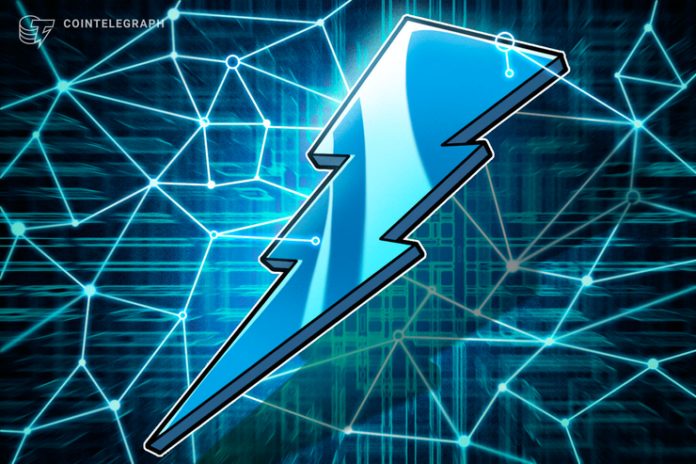[ad_1]
The number of Bitcoin (BTC) Lightning Network (LN) nodes has reached 10,000 for the first time, according to real-time LN statistics site 1ML.
According to 1ML, the number of nodes on the LN has grown by 3.17% over the past 30 days to reach a record high of 10,003 network nodes at press time. At the same time, the number of nodes with active channels is 5,975 out of total of 36,246 channels at press time, with just a 0.34% growth over the past month.
The LN is a second-layer blockchain protocol designed to provide high-speed transactions for Bitcoin, wherein nodes are individual payment channels between various parties allowing them to send and receive BTC between each other.
The LN state, according to LNBIG
As the person behind the LNBIG entity that controls over 40% of the Lightning Network’s capacity told industry-focused media outlet The Block, they maintain statistics of all local balances, which are hidden from public view. They explained that LN explorers can not know who created channels and which side bitcoins were used.
When asked what features should be added to the LN to attract more BTC users, the speaker singled out atomic multi-path payments, which will purportedly play a big role in Bitcoin automated teller machines. “For the widespread adoption of the Lightning Network, it is important to have software that integrates the wallet with accounting,” they added.
Stipulating the LN’s viability in the event that routing fees do not outperform lending rates, the individual said that it is too early to make money in the LN. As for the biggest weakness of the LN, they note the small audience, adding:
“Other problems concern node operators, but here they are not problems of mass adoption. The infrastructure of nodes already allows for orders of magnitude more payments than now. Moreover, for this, you can not increase the capacity because the funds are distilled from one end of the channel to the other, and this process does not consume bitcoins from node operators. It’s like a circulatory system, and the body is already full of blood. It only remains for him to live an active life.”
Recent developments of the LN
In late August, blockchain development company Blockstream announced the release of version 0.7.2 of its scalability software c-lightning, an LN implementation that supports dynamic plugin management as well as “the upcoming signet.”
In July, the LN developers revealed a new node monitoring tool. One of the main goals of this tool is to provide a way to prevent certain network issues before they manifest. Users could purportedly also use this tool to monitor trends such as the number of channels over time, as well as which spots have the best routing fees.
[ad_2]










